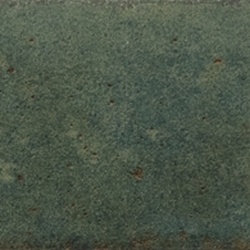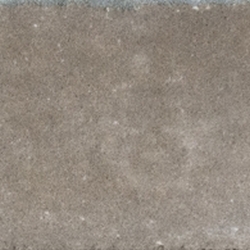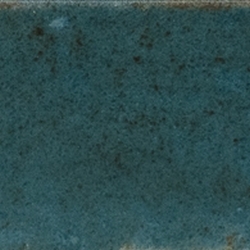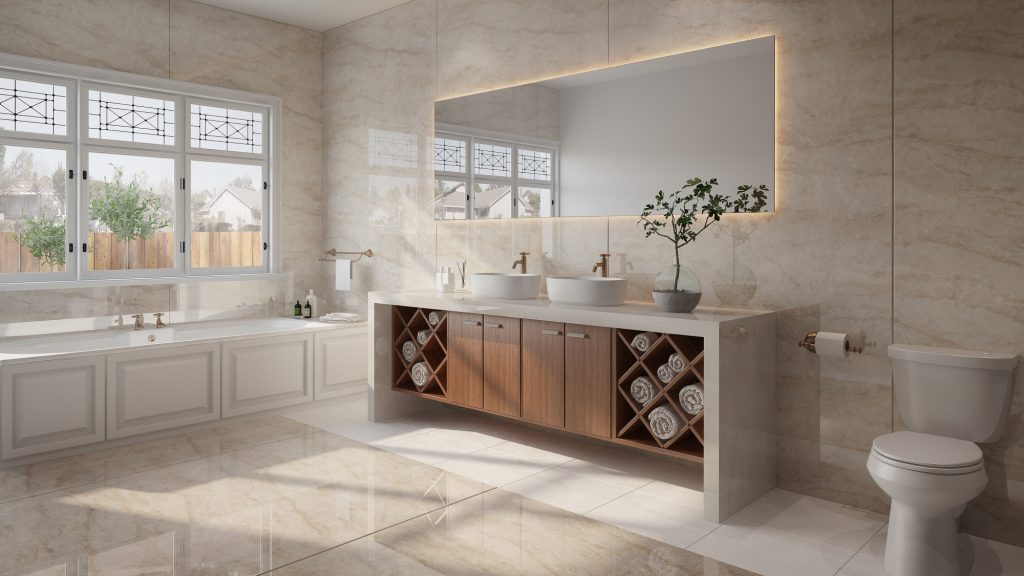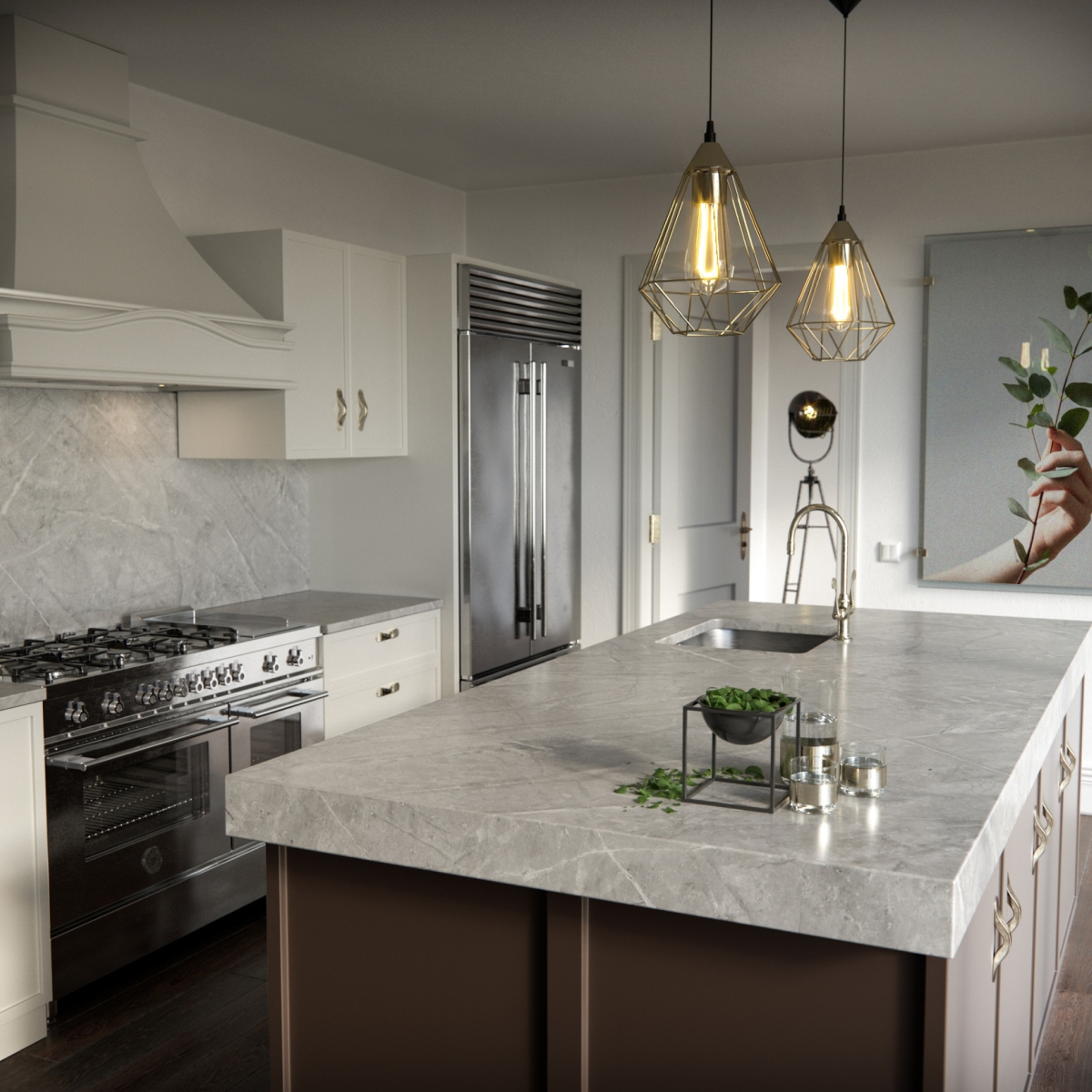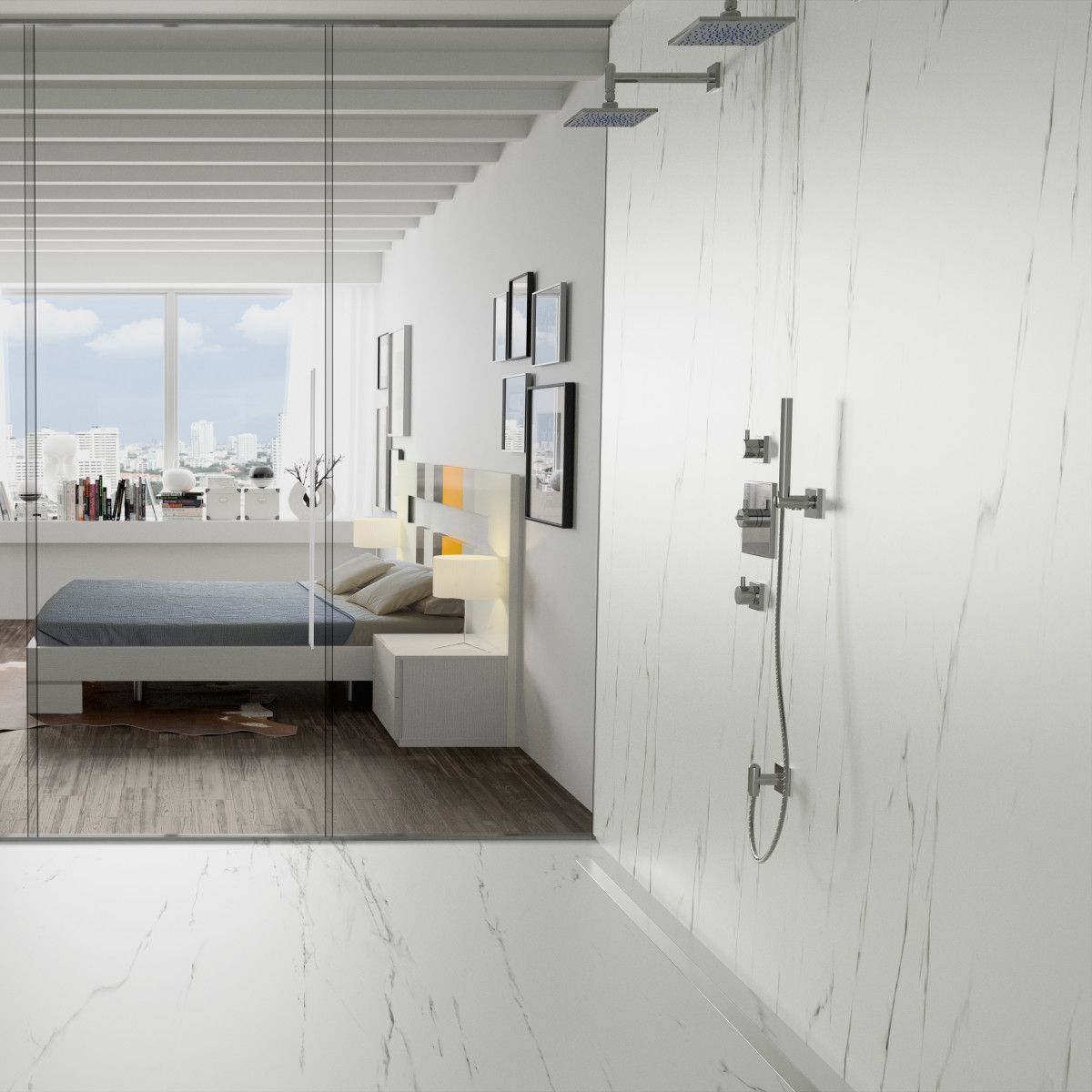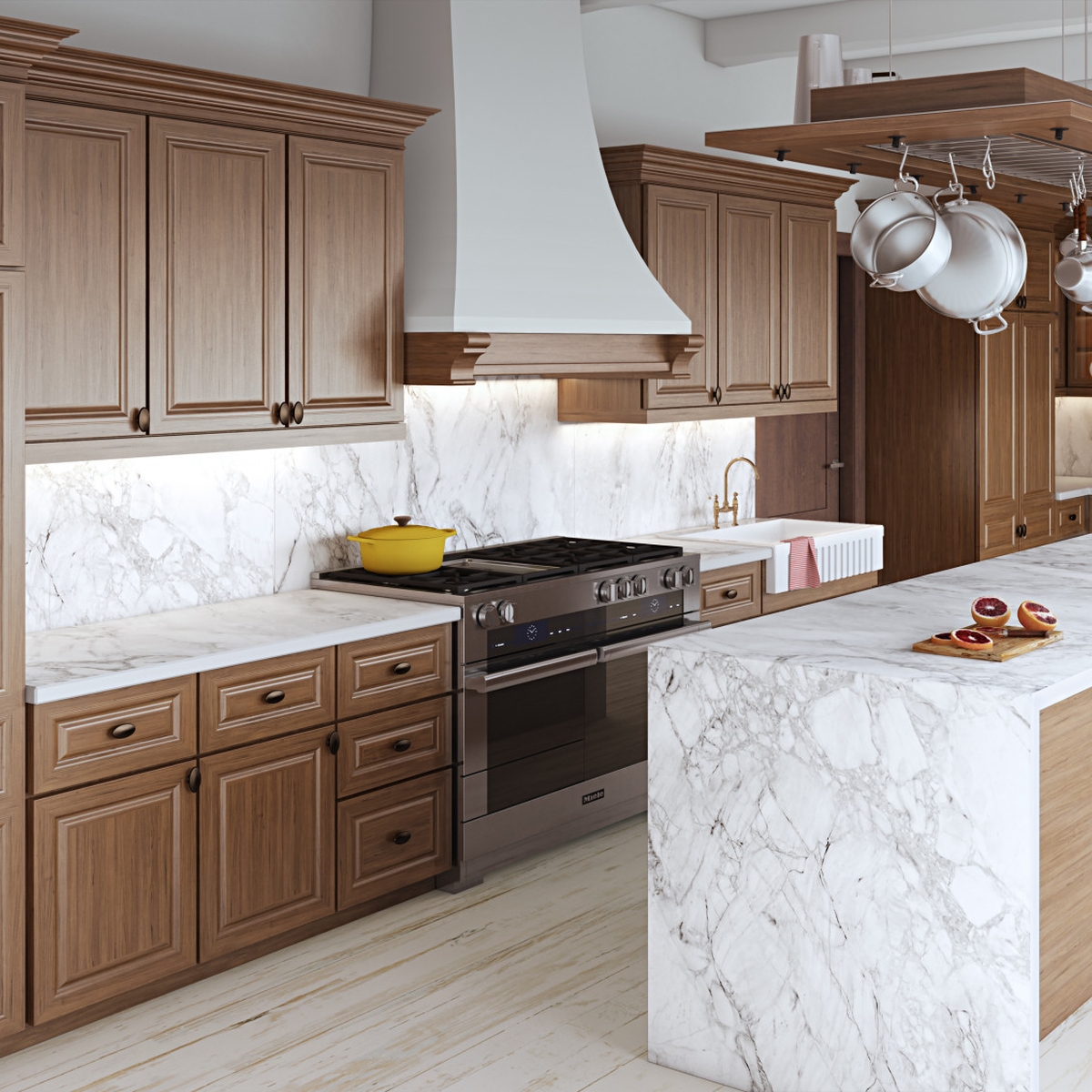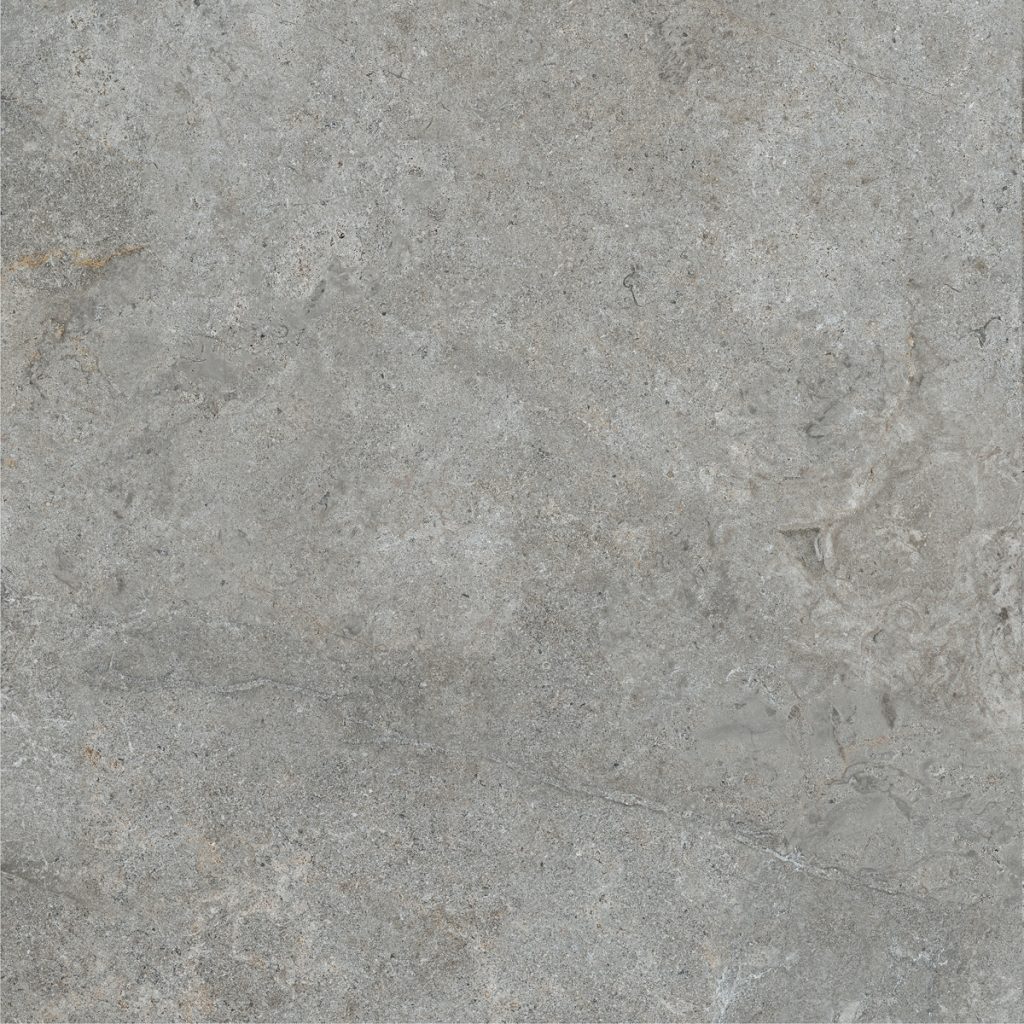
When shopping for floor tiles, one of the biggest factors to consider is the tile’s durability. Not all floor tiles are created equal, and some materials are more durable than others. Depending on where you’re installing your tiles you might need floor tiles with higher durability.
In this blog, we will compare the durability of different floor tile materials we provide at Ceramic Tile Supplies and offer useful information that will help you make your final decision. If you have any questions along the way, contact our team and we will be happy to help you.
Ceramic Tiles
Ceramic tiles are a popular choice for flooring due to their durability and affordability. They are made from clay and other natural materials that are fired at high temperatures. Ceramic tiles are strong and scratch-resistant, making them ideal for high-traffic areas such as kitchens and hallways.
Although many people mix-up ceramic and porcelain tiles, they are in fact different materials that hold different benefits. Ceramic tiles are considerably less dense than porcelain tiles, which makes them easier to cut into different shapes and sizes; however, it means they’re also less durable than porcelain tiles. If faced with heavy impact, ceramic tiles can chip/break, which can deter customers from choosing ceramic tiles.
To increase the durability of ceramic tiles, choose a ceramic glaze for your tiles. This is a thin layer of material that can be applied to a porcelain and/or ceramic object to give it a protective layer. Glazed ceramic tiles are a great option for all areas from indoor spaces such as bathroom floors and kitchen splashbacks, to outdoor areas where slip resistance is required.
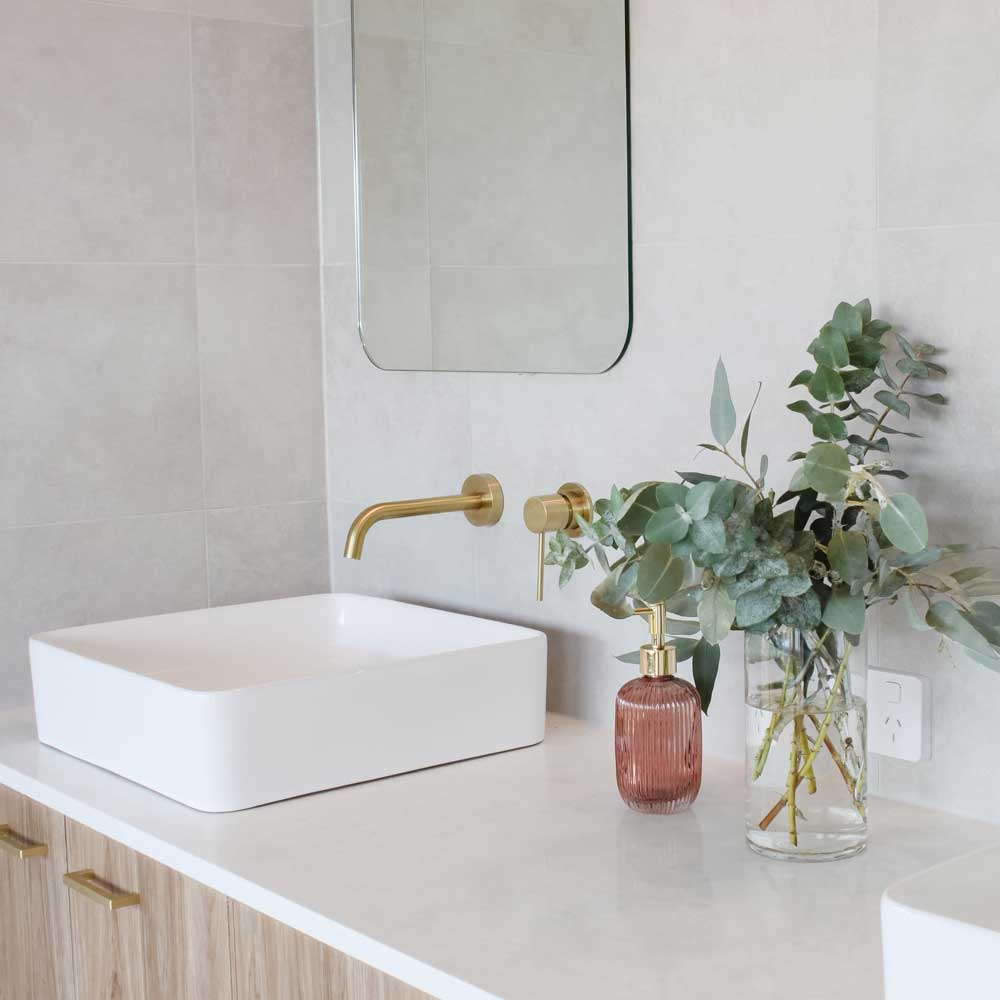
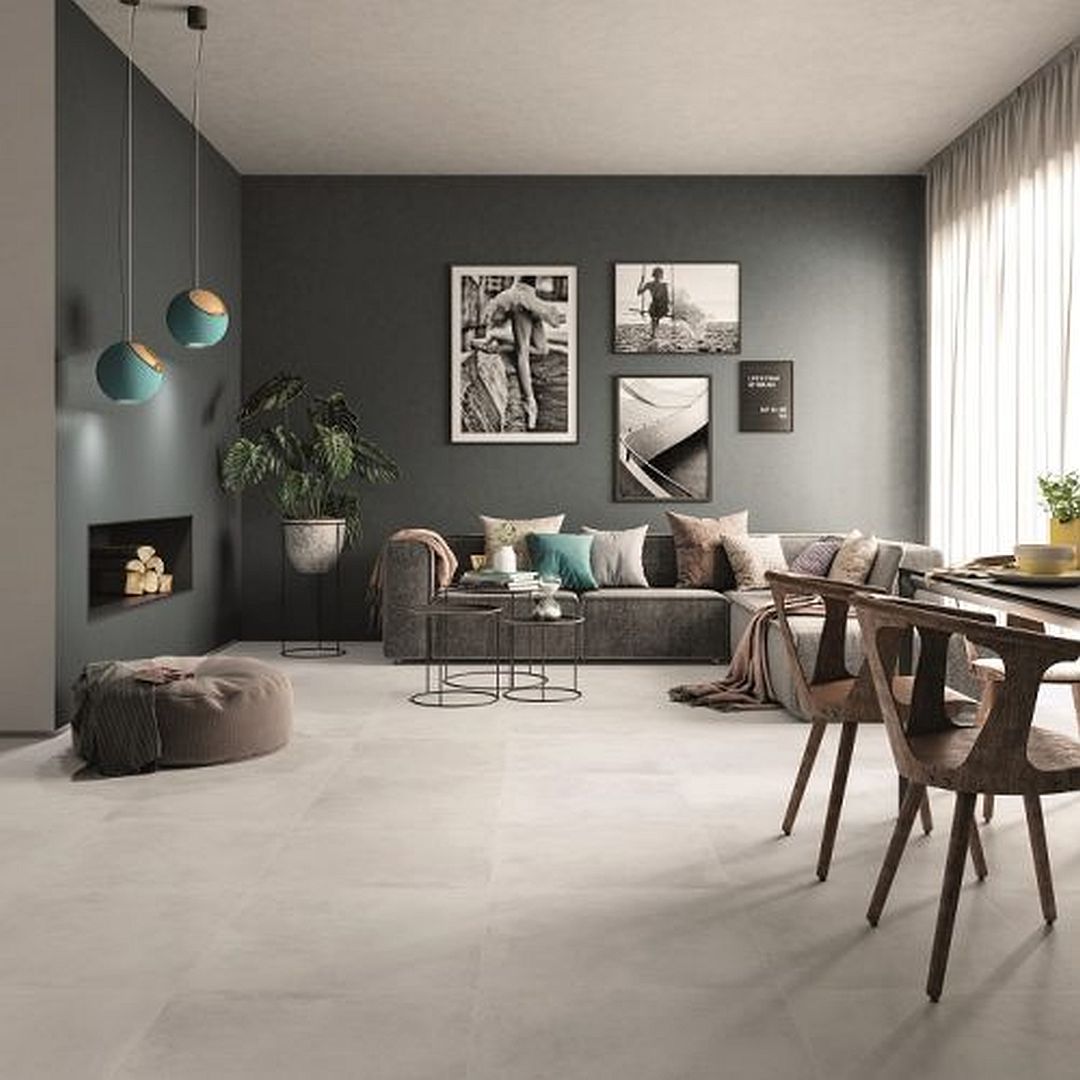
Porcelain Tiles
Porcelain tiles are denser and therefore more durable than ceramic tiles. They are fired at a higher temperature than ceramic tiles, which gives them a tougher and heavier surface to withstand heavy impact. Porcelain tiles are highly resistant to scratches, corrosive liquids and general wear and tear, making them an ideal choice for high-traffic areas such as commercial buildings and outdoor areas.
Additionally, porcelain tiles are also impervious to water, making them ideal for installation in wet areas such as bathrooms and around swimming pools. They are also highly resistant to heat, so they can be used in spaces with fireplaces and stoves.
Due to this higher durability, porcelain tiles are generally more expensive than ceramic tiles. Although you will face a higher cost initially, you can expect a longer lifespan, making them a worthwhile investment.
In recent years, thin porcelain tiles emerged in the market, which offers the tough surface of porcelain tiles yet, at a lower density. Thin porcelain tiles offer a minimal thickness of between 3 – 8mm (previously, thickness was 10 – 12mm) and often range from 750mm – 1000mm wide and up to 3 meters in length. Unlike traditional porcelain tiles, thin porcelain tiles can easily be cut into different shapes and sizes to fit your design.
Timber Flooring
Timber is a much-loved material in Australia, with one of the most popular ways to incorporate timber is using timber for your flooring. Offering an eye-grabbing warmth of colour to the room whilst also providing comfortable underfoot, natural insulation and durability—timber flooring is a great option for your floor tiles.
Although timber flooring entices designers with their visuals, they’re not always the best choice for all homeowners. Natural wood flooring is expensive, requires regular maintenance (sanding, staining and waxing), can fade over time and are not recommended for wet areas. Ensure to consider the use of the space before you decide to install timber flooring.
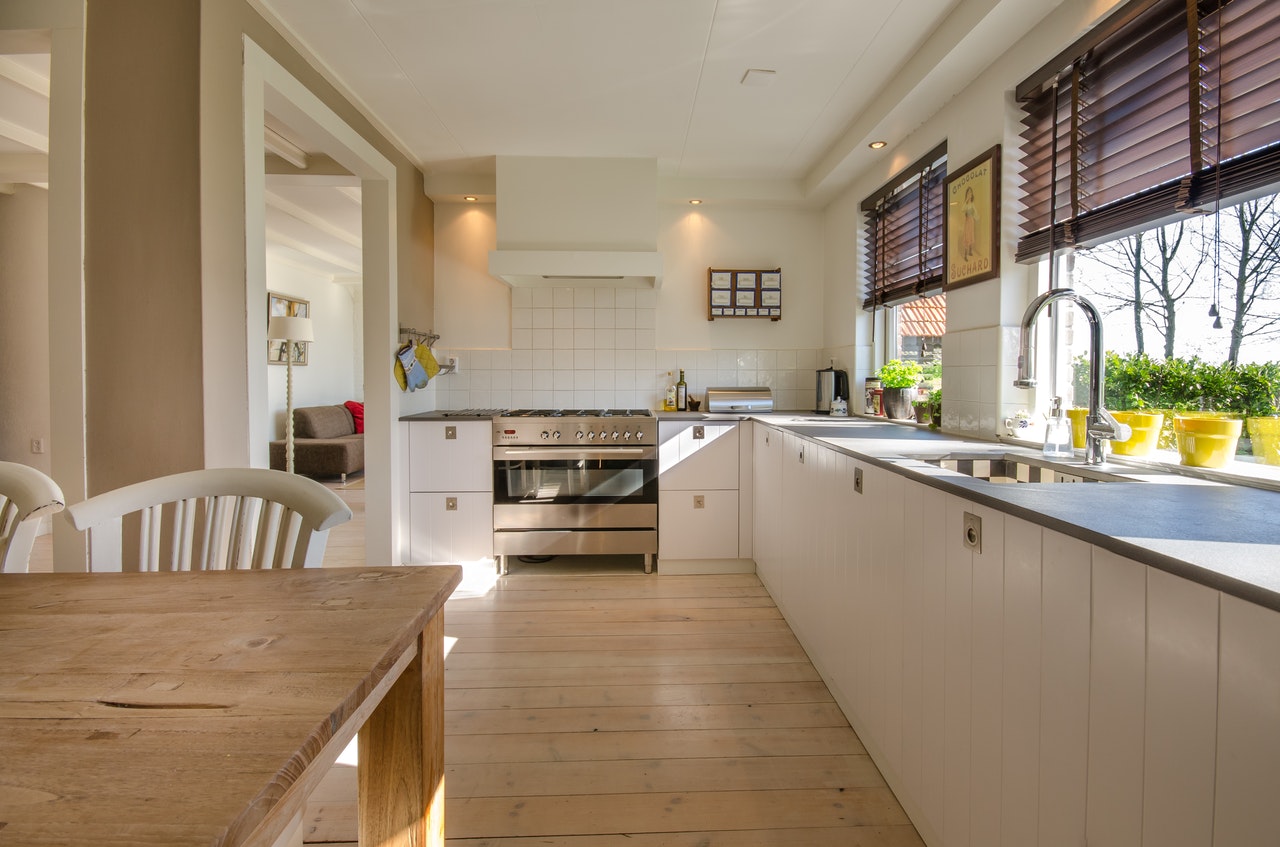
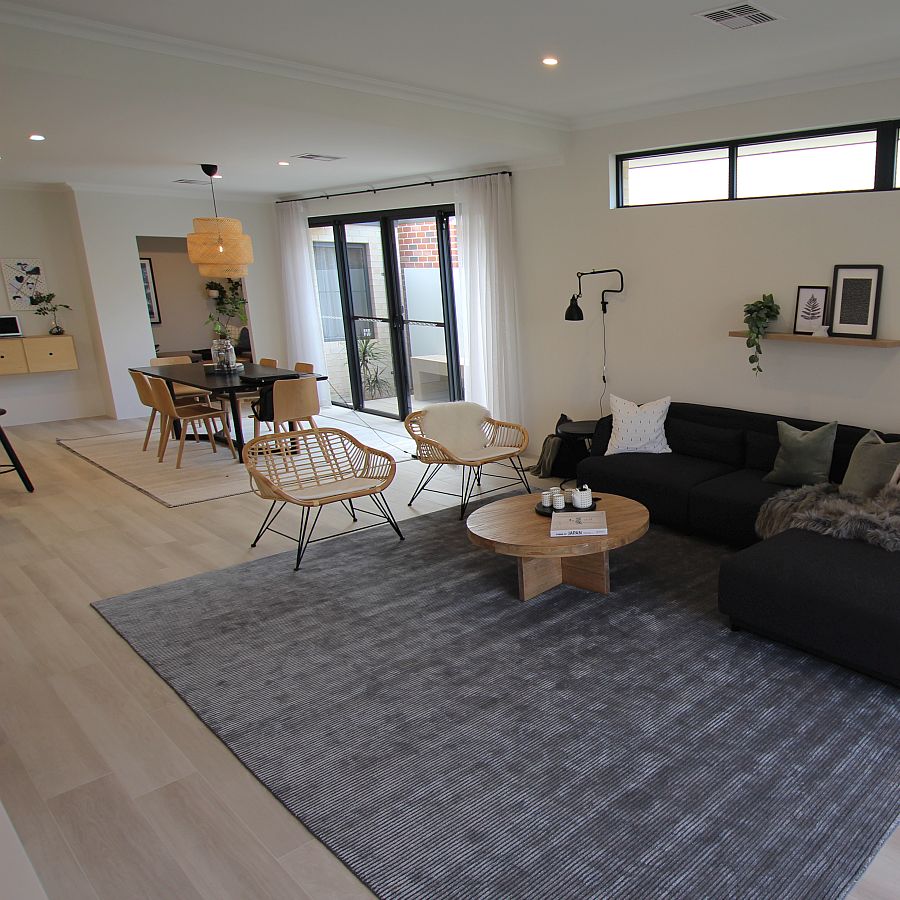
Timber-Look Tiles
Another option for timber flooring is choosing timber look tiles. These are tiles that visually look like timber however, are made of other materials.
With incredible advancements in technology, timber look tiles can appear almost identical to timber flooring, with added benefits that timber flooring lacks. For example, timber look tiles are more affordable, hard-wearing, water resistant, heat proof, easy to clean and require little maintenance. If you’re looking for an alternative to timber flooring, choosing timber look tiles is a no-brainer.
Stone-Look Tiles
Similar to timber-look tiles, stone-look tiles replicate natural surfaces in a hard-wearing, water resistant and more affordable tile material (porcelain, ceramic and classic travertine – honed and filled). From limestone, clay, marble, rock surfaces and more—all stones can be replicated into stone-look tiles.
Stone-look tiles require little upkeep, offer great insulation and never go out of style. If you’re looking to achieve a modern aesthetic whilst accommodating a high foot traffic space, stone look tiles are an ideal choice of tile for your needs.
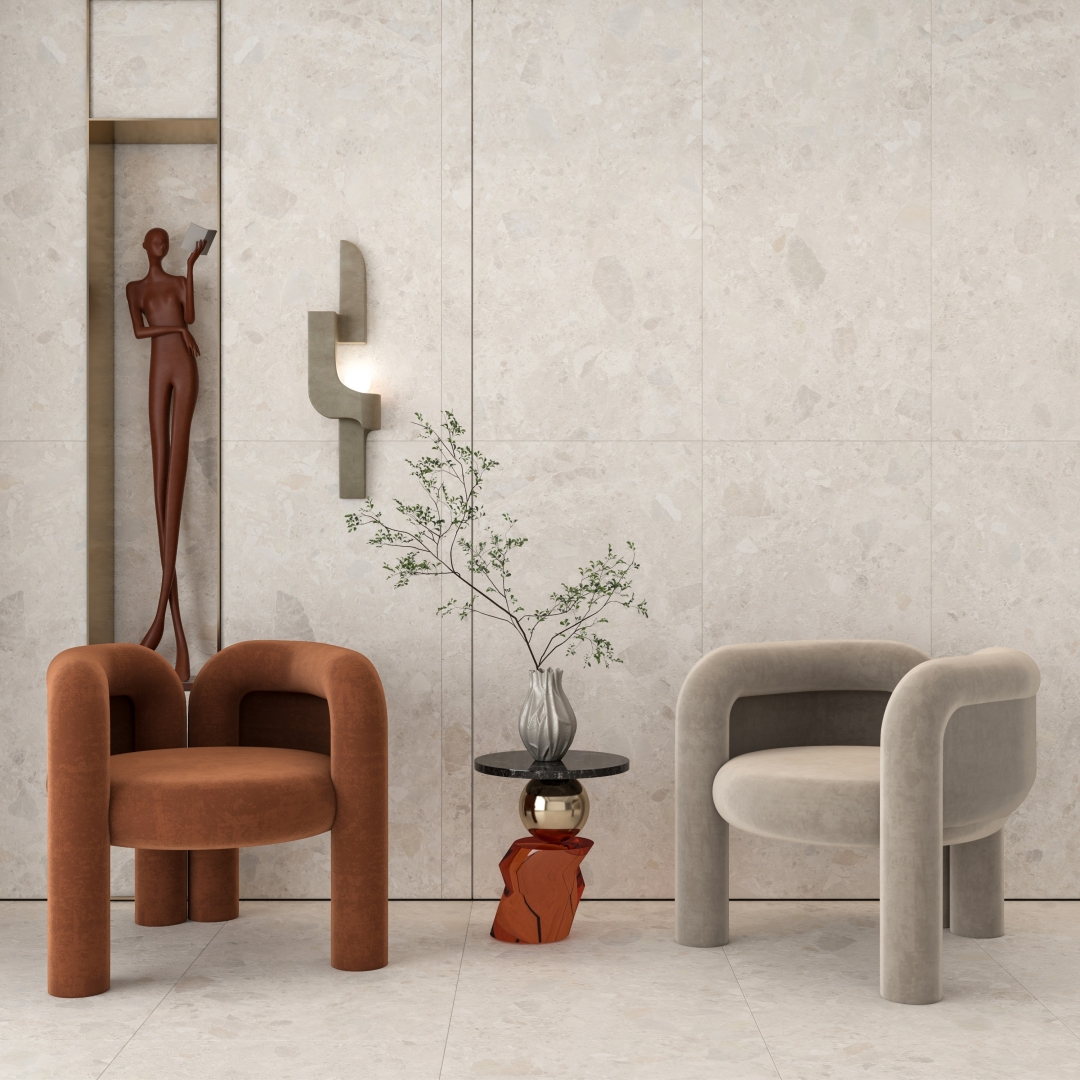
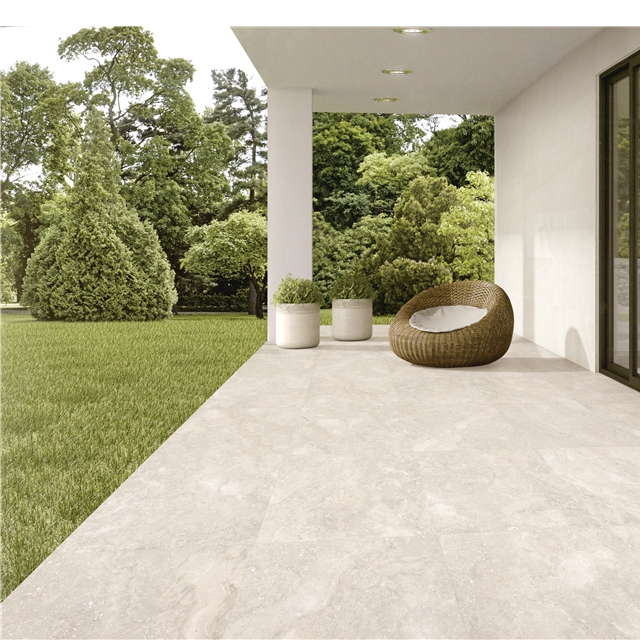
Travertine Tiles
Travertine is a very durable and heavy type of natural limestone made from mineral deposits from natural springs. Travertine tiles are appealing with their organic surface and striking appearance featuring naturally formed swirls in the rock.
You can find travertine in bathrooms, showers, around pool areas and other wet areas due to the natural non-slip surface of the stone. Often travertine tiles are used on feature walls, offering a modern and stylish aesthetic to the room.
Here at Ceramic Tiles Supplies, we offer travertine tiles in both crosscut and vein cut formats and can be supplied in any size, with any finish. Depending on the finish you choose, slip resistance may be altered. Discuss with our team to ensure the glaze you choose accommodates your requirements.
The best floor tiles for your home
In conclusion, different floor tile materials offer varying degrees of durability, with porcelain and natural stone tiles being the most durable, followed by ceramic tiles and vinyl tiles. It’s important to consider the intended use of the flooring, the level of foot traffic, and the likelihood of exposure to water, heat, and acidic substances when choosing the right type of tile. With proper installation and care, floor tiles can retain their high quality, colour and appearance for years to come.
We recommend visiting one of our Ceramic Tile Supplies showrooms (located in Myaree & Wangara) to see the selection of floor tiles in person. Floor tiles completely transform the aesthetics of a room, you want to ensure you’re 100% satisfied with your decision. See our opening hours here to organise your visit.





